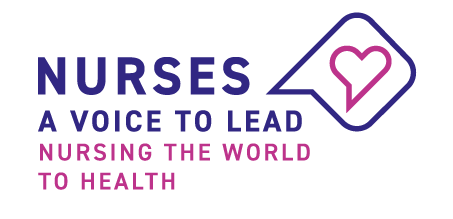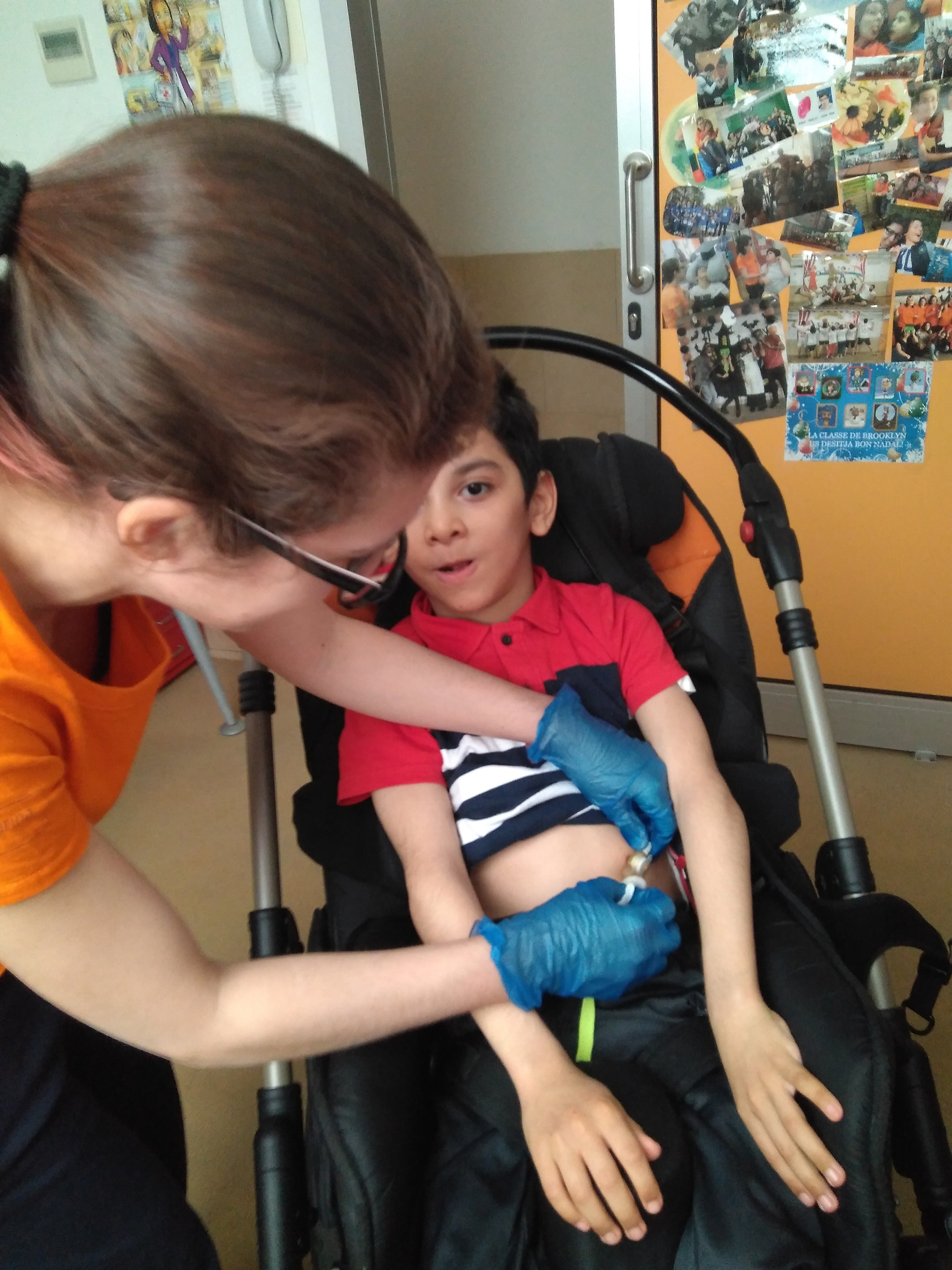A Model of Nursing Care in Special Education Centres: Spain
The Model of Nursing Care in Special Education Centres (SECs) was designed to respond to the specific experiences of nurses at the Hospital Sant Joan de Déu who work in SECs in the province of Barcelona.
Over the past 15 years a number of factors have put pressure on the role of nurses working in SECs, including:
- The novelty of sending a nurse from the hospital to an SEC
- The lack of knowledge about the functions of a school nurse
- The specifics and nature of each centre
- The lack of definition of specific functions of the nurse within the SECs
- The independent work of each of the nurses
As a result of these difficulties, the role of the nurse in SECs was not clearly understood or established, which led, in some cases, to them being mistaken for auxiliary or support staff at the centres.
It was important to establish and defend the role of the nurse in the educational field during this period. This allowed us, for the first time in Spain, to create a model of action that defines the role of the nurse in the SEC, in terms of our functions, competencies and area of action, and makes our profession visible both within the sphere of education and in society in general.
The main objective of the SEC nurse is to pay attention to the students, their families and the educational community. Students with functional diversity require a specific health approach to meet their individual needs in schools, especially those children who cannot be taught specifically because their health needs are not being met.
There are currently four nurses working in SECs covering 335 students in five centres in the province of Barcelona. Their presence and role as professionals within the Special Education Centres ensures that the children receive the care they need and have access to education in the right setting. They provide advice and training for the children, their families and staff, guaranteeing comprehensive care and an improved quality of life. Their functions are to detect and resolve health problems, use their professional nursing framework to satisfy the needs in the school and home environment, reduce absenteeism due to ill-health, carry out health education and health promotion measures, create cohesive SEC health documentation and network with other health workers and health services.
All this is leading to an improvement in the care of students with functional diversity and an improvement in their quality of life and that of their families. It also leads to greater job satisfaction for the nurses who care for children with functional diversity in schools in Spain.


